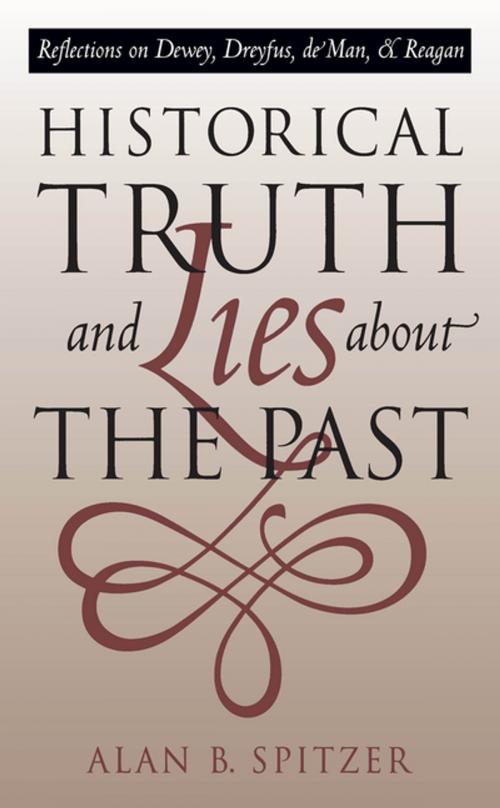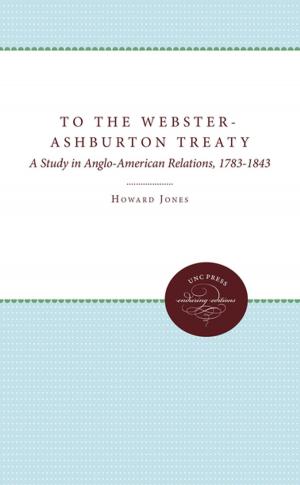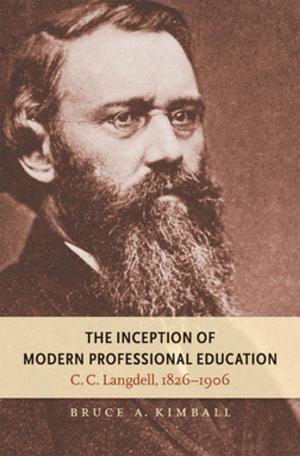Historical Truth and Lies About the Past
Reflections on Dewey, Dreyfus, de Man, and Reagan
Nonfiction, History, Reference, Historiography| Author: | Alan B. Spitzer | ISBN: | 9780807864692 |
| Publisher: | The University of North Carolina Press | Publication: | November 9, 2000 |
| Imprint: | The University of North Carolina Press | Language: | English |
| Author: | Alan B. Spitzer |
| ISBN: | 9780807864692 |
| Publisher: | The University of North Carolina Press |
| Publication: | November 9, 2000 |
| Imprint: | The University of North Carolina Press |
| Language: | English |
Historians have long struggled with the questions of historical relativism, objectivity, and standards of proof and evidence. Intellectual historian Alan Spitzer focuses on the contradiction between theory and practice by presenting case studies of four politically charged debates about the past: the response to the report of the commission chaired by John Dewey that evaluated the accusations made against Leon Trotsky in the Moscow Purge Trials of 1937, the Dreyfus Affair in turn-of-the-century France, the allegations about the extent and meaning of literary critic Paul de Man's complicity with the German occupation forces in wartime Belgium, and Ronald Reagan's justification for his 1987 visit to a German cemetery where Nazi SS officers are buried. Spitzer's argument centers on the ways in which the authority of 'objective' criteria for historical judgment are introduced in politicized disputes about the past, regardless of the theoretical qualification or repudiation of such standards. The higher the political stakes, the more likely the antagonists are to appeal to generally warranted standards of relevant evidence and rational inference. Spitzer's commentary speaks to issues that transcend the specific content of the four cases he discusses.
Historians have long struggled with the questions of historical relativism, objectivity, and standards of proof and evidence. Intellectual historian Alan Spitzer focuses on the contradiction between theory and practice by presenting case studies of four politically charged debates about the past: the response to the report of the commission chaired by John Dewey that evaluated the accusations made against Leon Trotsky in the Moscow Purge Trials of 1937, the Dreyfus Affair in turn-of-the-century France, the allegations about the extent and meaning of literary critic Paul de Man's complicity with the German occupation forces in wartime Belgium, and Ronald Reagan's justification for his 1987 visit to a German cemetery where Nazi SS officers are buried. Spitzer's argument centers on the ways in which the authority of 'objective' criteria for historical judgment are introduced in politicized disputes about the past, regardless of the theoretical qualification or repudiation of such standards. The higher the political stakes, the more likely the antagonists are to appeal to generally warranted standards of relevant evidence and rational inference. Spitzer's commentary speaks to issues that transcend the specific content of the four cases he discusses.















